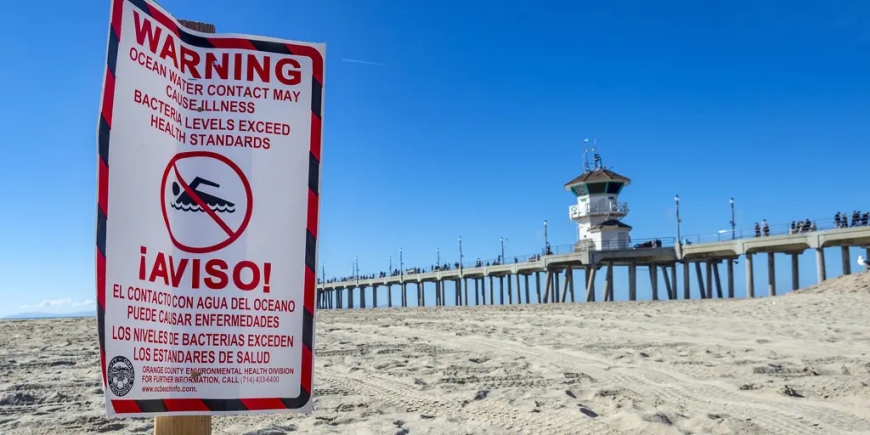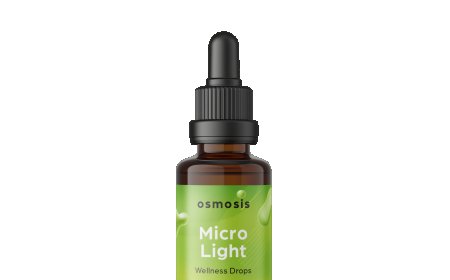High Bacteria Levels Trigger July 4th Beach Closures Across U.S. Coastlines
As Americans geared up to celebrate Independence Day with coastal getaways, unexpected beach closures due to elevated bacteria levels disrupted holiday plans from California to Massachusetts.

Inspired by original reporting from FOX Weathers Earth & Space section | Credit: Hayley Vawter
As Americans geared up to celebrate Independence Day with coastal getaways, unexpected beach closures due to elevated bacteria levels disrupted holiday plans from California to Massachusetts. Public health officials cited a spike in harmful pathogens, many of which can lead to serious illness, prompting advisories and swim bans at dozens of popular locations.
? Beaches Hit Hard Nationwide
Major coastal and lakefront regions were impacted, including:
-
Suffolk County, NY 15+ Long Island beaches placed under advisory
-
Cape Cod & South Shore, MA Two dozen beaches closed
-
San Diego County, CA Surf zone alerts across multiple locations
-
Lake Michigan, IL & MI Great Lakes beaches affected due to heavy rainfall runoff
-
Seattle, WA Swimming banned in several lakes and Puget Sound zones
? Why Are Bacteria Levels Rising?
Experts identified a combination of triggers:
-
Stormwater runoff transporting waste and pollutants
-
Rising temperatures promoting bacterial growth
-
Overflow from aging sewer infrastructure
-
Debris and poor public hygiene at shorelines
Pathogens such as Enterococcus, E. coli, and Vibrio can cause serious infections through ingestion or skin contact.
?? Health Hazards for Swimmers
Exposures can lead to:
-
Gastrointestinal distress
-
Rashes and skin infections
-
Ear, nose, and throat issues
-
Respiratory infections
-
Serious illness from flesh-eating bacteria in rare cases
? How to Stay Safe in the Water
Follow these steps recommended by the CDC and EPA:
-
Check local water quality reports before swimming
-
Avoid the water for 2448 hours after storms
-
Dont swim with open wounds
-
Shower immediately after beach outings
-
Keep children from swallowing water
-
Use protective footwear and swimwear
? Want to Be a Professional? Get Trained by the Right Experts
Is this a one-time scare? Hardly. With climate change, aging infrastructure, and growing beach crowds, these issues are only expected to rise.
If youre serious about making a difference either as a lifeguard, environmental monitor, public safety official, or even an informed citizen professional training is essential.
Consider enrolling in programs from institutions like:
-
? American Lifeguard Association (ALA) Offers real-world training on beach hazards, rescue protocols, and water quality awareness.
-
? National Environmental Health Association (NEHA) Provides certifications on water safety monitoring and coastal health.
-
? Red Cross Water Safety Instructor (WSI) Program Combines rescue skills with public education training.
-
? Surfrider Foundation Beach Clean & Science Programs Teaches how to analyze and mitigate shoreline pollution.
Professional education not only protects others it protects YOU. If you're on the frontlines of beach safety, proper training equips you to assess risks like bacterial contamination before they become a public health emergency.
Author Bio
Benjamin Owen Leo is a U.S.-based safety and environmental journalist with a focus on coastal health, beach safety, and public training. With a deep background in emergency awareness and environmental hazards, Tamoor advocates for stronger lifeguard certification standards, public education, and institutional readiness. His work bridges science, policy, and community reporting to build safer, smarter waterfronts across the country.












































